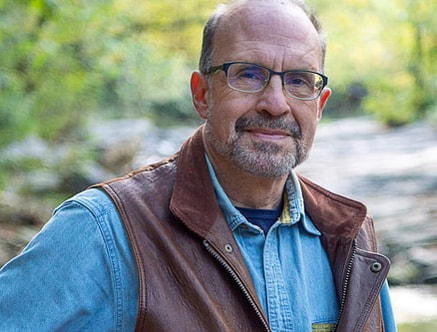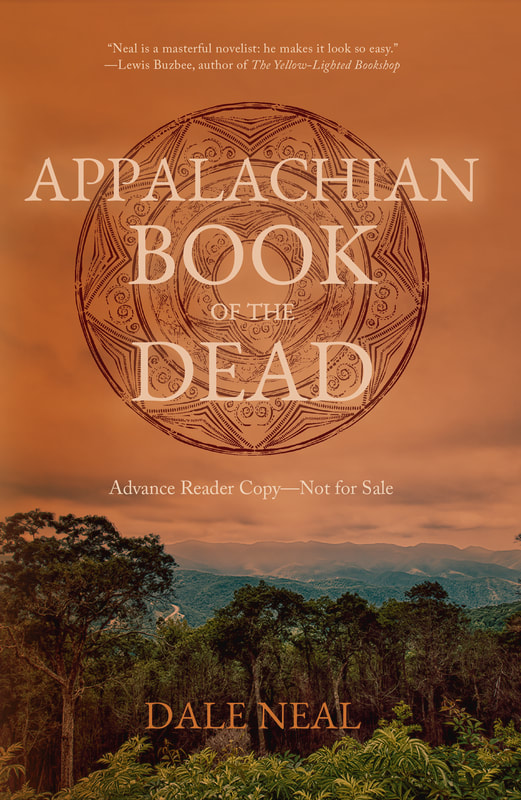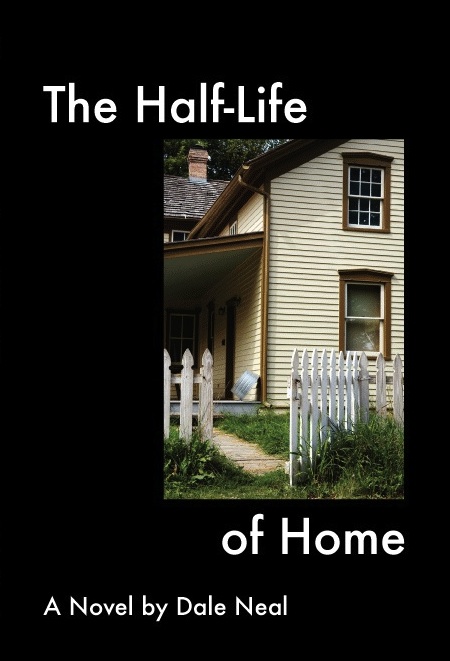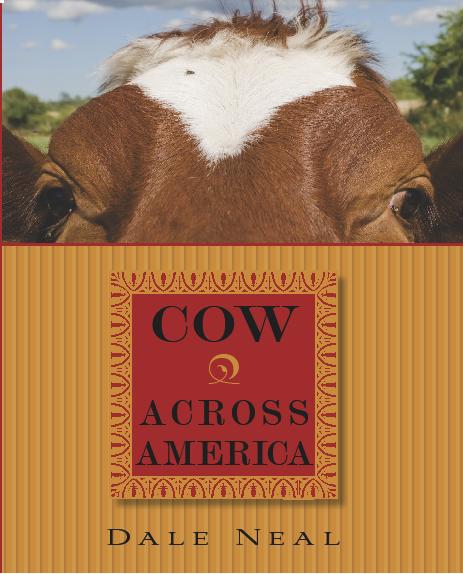 Fifty years after I first found my entrance into real literature, in “a stone, a leaf, an unfound door” – that plaintive cry in Thomas Wolfe’s debut novel “Look Homeward Angel, I’m still wrestling with Mr. Wolfe. Wolfe was my first literary love and I devoured his first novel, and his last, posthumous tome – “You Can’t go Home Again.” By then, even at 16, I was noticing Tom had a habit of repetition, and the avalanche of ambition and floodwaters of feeling were, well, a bit much. It’s October and it’s always Tom’s month, the season that he worshipped in words. I recently picked up “Of Time and the River,” the sequel to Eugene Gant’s journey started in “Look Homeward, Angel.” Time of course hasn’t been kind to poor Tom’s reputation. Even in his celebrated but short lifetime, he got an earful from the critics about his rhetorical excesses, his appetite and ambition to fit all of America and Life into his one super book. Though Faulkner thought his compatriot the most talented writer of their celebrated generation, for his failure. To use a metaphor of baseball, a game Tom adored, he was always trying to swing for the fences and often struck out mightily. So I wanted to see how Tom had failed and how he had succeeded. At 800-plus pages, I’m probably not going to plow through the whole of “Of Time and the River,” and Eugene’s constant yelping of “goat-cries.” But I’m pleased to see the true gems that surface in the powerful currents rushing through this novel. When Wolfe finds the sweet spot, he is a great writer, not so much in what Eugene is thinking, but in the close descriptions of his family, Helen and Eliza and W.O. Gant back in Altamont. Just as Ben’s death from the 1918 Spanish Flu pandemic is the high point of “Look Homeward, Angel,” Tom hits home again in the death of his father. He’s a master of the deathbed scene, and his description of W.O.’s demise from a long cancer is harrowing. What struck me is the dream sequence W.O. has on his deathbed, going back to the Pennsylvania countryside of his blighted youth. He meets a mentally challenged neighbor who comes rushing from his house in greeting. Gant gives him a plug of apple-chewing tobacco and goes on his way through a sad and darkening woods. It’s a haunting dream, shorn of some of Wolfe’s triad of adjectives. What’s truly touching is the forgiveness, the softness of a bad and broken marriage still bound together at the end, when Gant speaks his wife’s name, and apologizes. As he lays dying, he sees the child at the door, the child he once had been. Gant starts calling for his father, futile words lost in the hemorrhage, “the lake of jetting blood” from his mouth and nose, the indignity of death, even as he is at peace. That death comes relatively early in the book at page 280, and sets Eugene off on his journey away from home, up north and overseas, in search again of his own mythic father figure. This was Wolfe’s wild dream, to go out and bring the whole world back home with him. It wasn’t always a graceful affair. Wolfe can nail a perfect metaphor, then go on to belabor his point for pages. He’s trying to articulate the ineffable, and for that, I think Faulkner rightly recognized his talent and his spectacular failure. I don’t know many writers who still read Wolfe for craft or for tips on writing tidy novels, but I’m impressed by how many writers first fell in love with literature through Wolfe’s zealousness. Wolfe was the one who found the unfound door and was banging with all his might, with all his words, with all of his obsessed and tortured soul, trying to say what was on the other side.
6 Comments
|
Dale NealNovelist, journalist, aficionado of all things Appalachian. Archives
April 2023
Categories
All
|
|
© Dale Neal 2012. All rights reserved.
|
Asheville NC Contact
|




 RSS Feed
RSS Feed